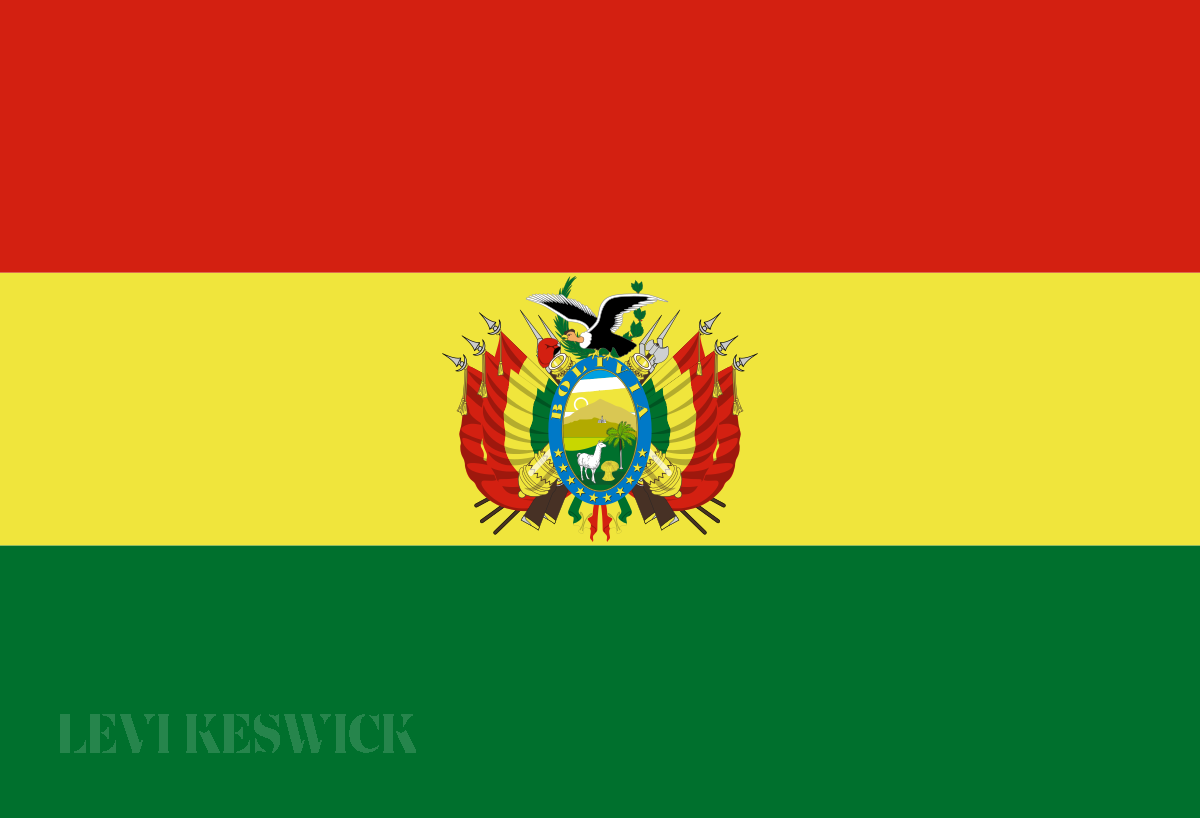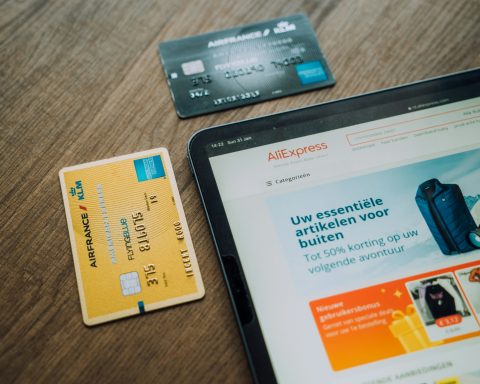The most important thing to know about business etiquette in Bolivia is that Bolivians prefer to do business with people they know and trust and will often keep their business dealings within a close-knit family and social circle. Because social interaction is so important to the success of your business dealings, your social etiquette and dining etiquette are just as important, or even more, to corporate success. Simply put, businesspeople are not likely to do business with anyone who may cause them embarrassment in social situations.
Personal space in Bolivia is quite different from the United States. For example, office workers like to take their work home with them and may spend Sunday afternoons at the office. Since getting to the office half an hour early is important, they like to mark their territory by putting pictures of their family or other personal items on their desktop. This habit is also common in Bolivia’s villas fraternas (council houses) where families rent a room and share a kitchen and bathroom.
Line cutting is a common occurrence in the United States, but not in Bolivia. The line is an opportunity for people to get to know each other, even if it is to gossip about the woman getting her mail on the corner. As a result, line cutting and cutting into conversations is a faux pas not likely to endear you to your business associates.
Food is another point of contention. While you have been taught to be considerate of other’s space, do not leave your plate or any crumbs behind. This is seen as thoughtless and disrespectful. Be aware that, in Bolivia, there is a tendency to “speak up” with direct eye contact, firm handshakes and other signs of dominance. Punctuality is also an important part of business etiquette.
Dining Etiquette
Bolivians are not late eaters, unless they are invited to lunch and dinner at the same time. Food is a major aspect of their family life, so if you invite them to dinner or lunch, they will be very punctual. Be punctual, too, as Bolivians are not known for their tolerance of those who are tardy. They will show their respect and appreciation for your efforts by keeping the meal short, though.
Once you greet your host at the door in Bolivia, you will find traditional foods (particularly potatoes, quinoa, corn, rice, and beans). These are the same comfort foods you are accustomed to at home. However, local meats such as llama and guinea pig are not likely to feature on any restaurant menu in the United States. If you are dining with your host at a local llanteria, you can be sure to follow local eating customs without feeling awkward or embarrassed.
Bread is considered a staple of every meal in Bolivia, but not in the United States. The most typical bread used is made with quinoa. You will also find a variety of salted cheeses, as well as fried dishes, meals with chicken, and European dishes. If you are fond of fruit, you will experience plenty of Manzana de las Palmas (palm apple) and mango. Enjoy, but keep in mind, Bolivians enjoy meals that are heavy on carbohydrates.
Office Etiquette
When in Bolivia’s office environment, you must learn to adapt to your hosts’ home environment. In some cases, your Bolivian counterparts may have multiple desks and computers. This is not unusual for a Bolivian business where cooperation is essential and expatriates and local employees work extremely close together. It is important that you do not make a “big deal” about this, but adapt.
Seating in Bolivia is, for the most part, first-come, first-served. House guests are considered to be social guests. Be careful not to overeat, using a “supper plate,” which is a term that refers to the dish that covers the main plate of food. This is not a cause for embarrassment. In Western cultures, however, the host will often serve from a large dish, which affects the way the host receives praise from the guest. In Bolivia, on the other hand, praises are given verbally and not through appreciation of the meal.
If you are taking a business associate out for lunch that is more informal, he or she may ask you if you would like a Coca-Cola with lunch. If you accept, you will be given a Coca-Cola and a Coca-Cola glass, which you should use. One other important item to remember: You must respect your hosts’ culture. Do not use hand sanitizer, mouthwash or toothpaste in front of them. Stick with regular hand washing and do not drink from your water glass. Keep your nose above the glass.
Dress Etiquette
When getting dressed for business in Bolivia, keep in mind that the business culture is different, so your suit coat will not be required wearing in all situations. If you do not have to wear a suit, then a polo shirt is a good, casual choice. If you do choose to wear a suit, make sure that you are aware of the different business dress in Bolivia.
Bolivian business culture is not as formal as in the United States, but there are times when the appropriate color dress shirt is mandatory, even for meetings that seem informal. This is true regardless whether you are meeting with a partner or colleague or an agent of authorities. As a rule of thumb, if you are unsure, play it safe and wear the white dress shirt. In Bolivia, the white dress shirt is the equivalent of wearing a tie in the United States. Businesses are set up to accommodate people who prefer to follow our standard business etiquette, but if you decide to wear a tie or a shirt with an Oxford cloth collar, you will undoubtedly be overdressed.
Getting to Know Your Business Associates
Bolivia has a client system, where, in order to make the business transaction work, the client is always right. Before you sign a contract with a company, you should make certain that you put yourself in a position where people can trust you.
Adaptable in many ways, Bolivia is a great place for Americans to expand their business dealings. It is safer than most other countries in South America. You may decide to use your personal appearance and cultural etiquette to your advantage when developing business relationships with the local community. Establishing and maintaining positive working relationships with Bolivians is paramount, as it is with any foreign business deal.
American business etiquette in a host country is a must because it shows respect for the host country’s culture and traditions. While we Americans are known for being forward and brash, we should not be perceived that way when conducting business internationally.
There are many cultures throughout the world where respecting the business culture is paramount not only in order to do good business, but to make good friends. The simple rules and protocols that we follow every day in the United States are not followed in other parts of the world. Business relationships are key to doing business abroad meant to be built on trust, respect and mutual understanding.
Do not be afraid to ask your Colombian colleagues how they would like you to address them. And do not expect people to call you Mr. or Mrs. or Ms. just because you are American. Americans tend to be on a first-name basis in their professional and social interactions. In Latin America, people usually give the title and last name. Americans should use the titles of the person to whom they are speaking. The higher that person is on the corporate ladder is the more respect they demand.
A hand shake is common in the United States, but it is not common in Colombia. A handshake when meeting the person is acceptable, but when you are leaving that person, you might want to kiss them on the cheek or give a hug. If you are invited to someone’s house, it is acceptable to bring a small gift.
If you are invited to dinner, men should wear a jacket, unless the restaurant is casual. Forget the tie, though, and feel free to discuss business during dinner (your dinner is on you, of course). When entering a limousine, a woman should open the door for the man to whom she is traveling.
Bolivian business etiquette is quiet and studied.
It also flows with business. When shaking hands, make eye contact and express yourself. Be warm and sincere.
When walking into a business environment, do not say hello loudly. Walk softly and with authority. Be respectful and courteous. Be a positive force in your community and in the office. And, for the ladies, avoid wearing business suits with low-cut tops, blouses that show a lot of cleavage or miniskirts in the office. Show a little discretion.
It’s very important to monitor your body language in Bolivia. The unwritten Bolivian business etiquette says that you should not cross your legs while seated, but this is true for both men and women. Person sitting higher than other person in a company meeting sits cross-legged. Women should keep knees together when seated and never point the tips of your toes toward someone.
Body language is important to convey respect and honesty. Use a big smile and firm handshake.
When in the host country, take it upon yourself to learn the language of the country, and try to be culturally appropriate. Also, a big rule of thumb: Be sure to remember that eating is a social thing in most South American countries.
Machines, letters and documents have two sides, but only one side is recognized in most South American markets. Write reports in the local language, and write to be read from right to left.
If you are working in a foreign country, take notes in English, but in your presentation, state everything clearly once, then make yourself available to answer questions. When you are finished with your presentation, ask if the audience has any questions. If someone does not understand, go back to that part of the presentation and rephrase it in simpler terms.
If you are invited as a guest to someone’s home, take all of the appropriate steps before your visit to insure the safety of your hosts. Once in the home, sit in the middle of your seat, not back in a chair. Do not recline unless your host reclines. And do not remove your shoes at your host’s house.
When in doubt as to how to behave, follow the lead of the host or hostess. Do not arrive late to parties, and when you do arrive, greet everyone. Being on time is a sign of respect and appreciation.
It is appropriate to take your host or hostess aside at the party and thank them for their hospitality and invite them to another social occasion as their guest. There are times at a party when a person can be thrown into the spotlight, especially when they have been invited into a business relationship.
Through your hard work and diligent study, you will be respected. And with respect comes business.
Also, try to avoid giving a business associate gifts, especially in the beginning of a relationship. It is often difficult to return a gift. It is also a waste of resources to give a gift if your intent is to gain or maintain a business relationship. The norms of the social interaction are serious. Having said that, you can build strong relationships through gift giving.
We are only here on Earth for a short time, and we should enjoy our time here. We are on a mission to find and build successful business relationships in a foreign environment, but we also want to enjoy the experience while we are there.
So, pass around the chicha bowl, take a shot of the aguardiente, and enjoy your time abroad.







